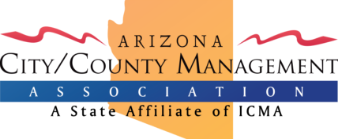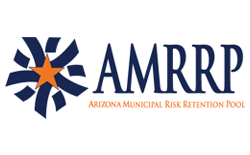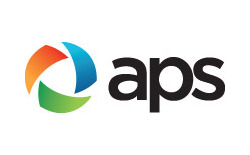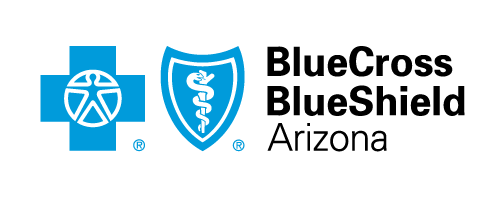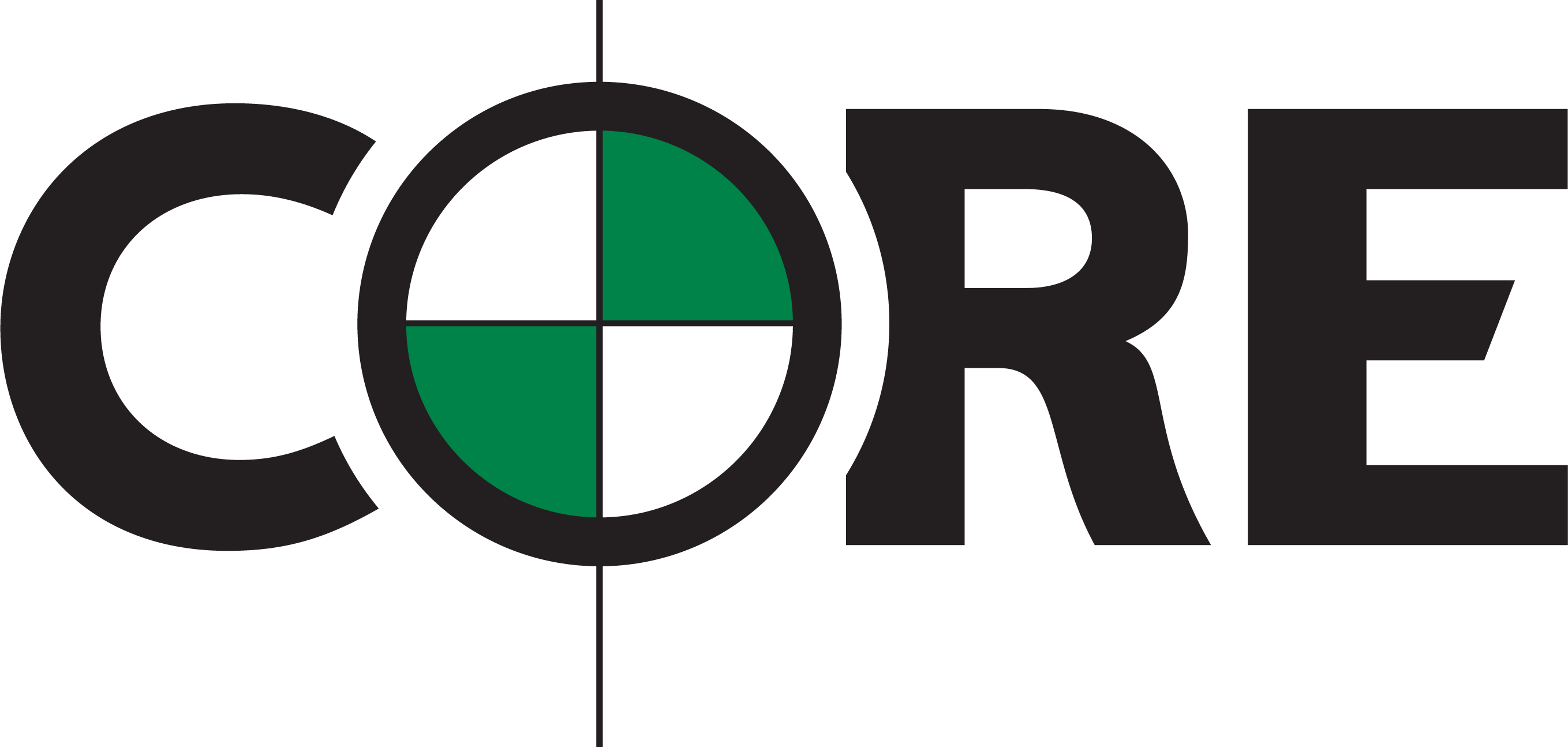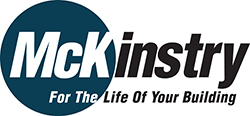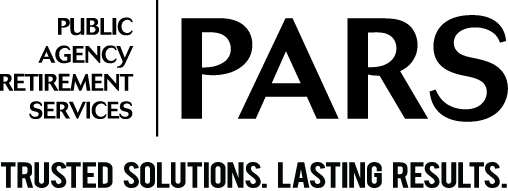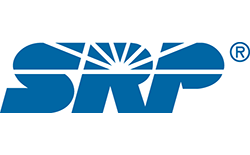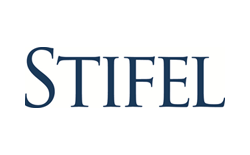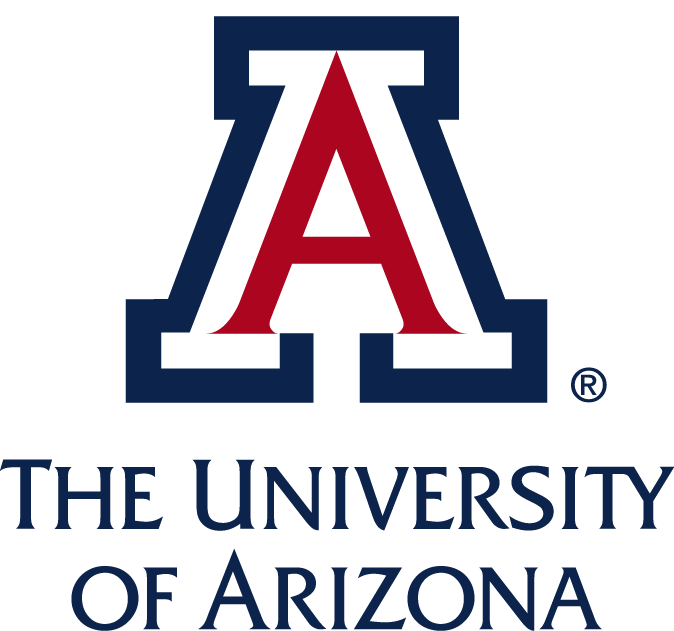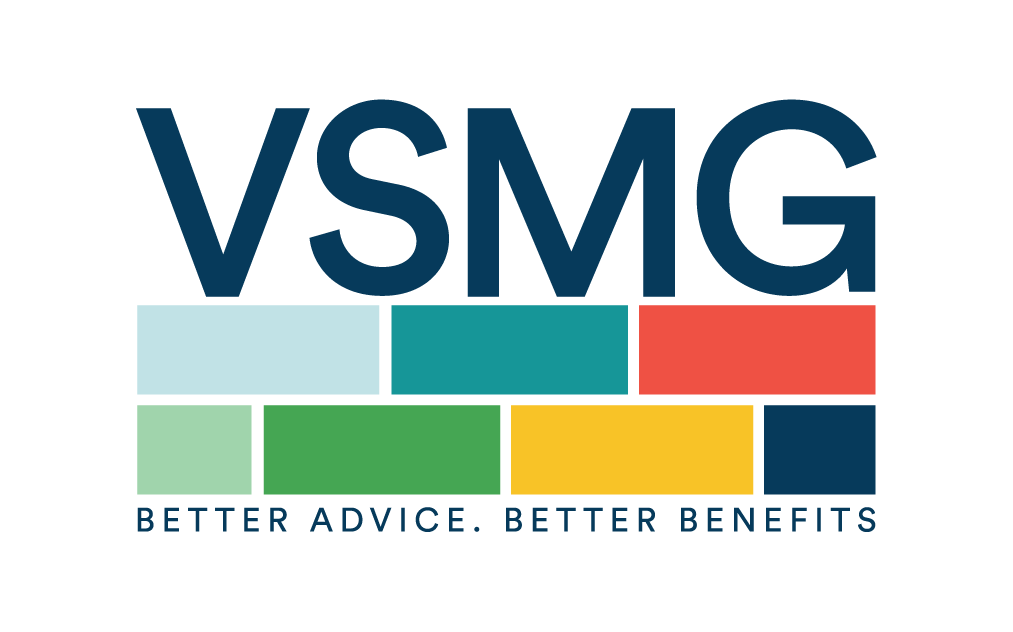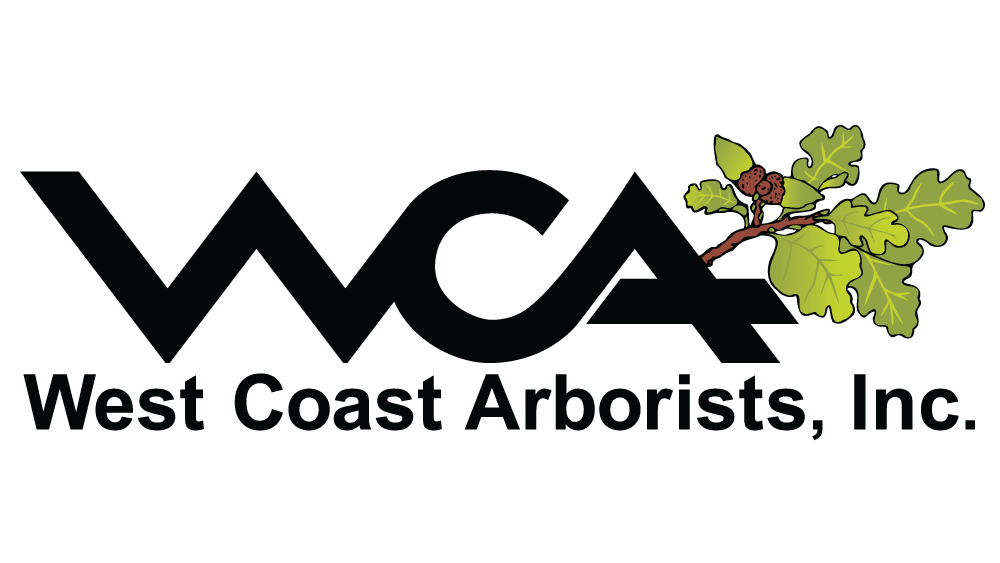The ICMA Code of Ethics are enforced through ACMA. The ICMA Code of Ethics was adopted in 1924 and defines the principles that today serve as the foundation for the local government management profession and set the standard for excellence. Leadership in a management structure committed to equity, transparency, integrity, stewardship of public resources, political neutrality, and respect for the rights and responsibility of elected officials and residents strengthens democratic local governance. ICMA members pledge to uphold these principles in their conduct and decisions in order to merit the trust of the public, elected officials, and staff they serve. As a condition of membership, ICMA members agree to submit to a peer-to-peer review under established enforcement procedures should there be an allegation of unethical conduct.
